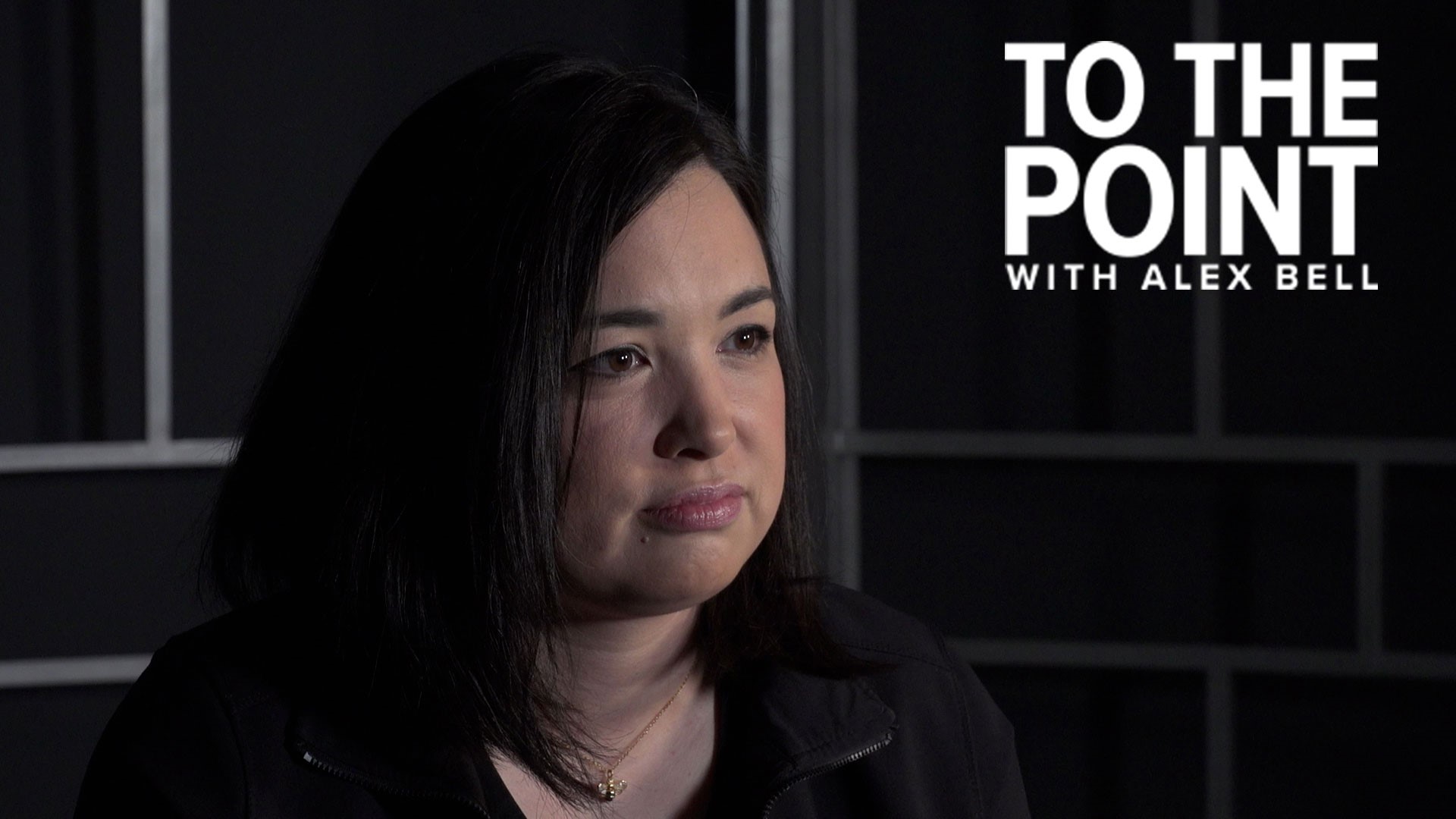SACRAMENTO, Calif. — A Placer County mother wants to share her message with others two years after her son died from a fentanyl overdose.
“Oh my gosh, he was just this bright, happy-go-lucky little boy, big old goofy smile,” said Judy McKeig.
McKeig says her son Ian was smart and athletic in high school but had his challenges.
“He struggled with his mental health. He was exposed to marijuana,” she said. “He could have done anything, but there were challenges and it was a struggle.”
After high school, Ian bounced around from job to job. Eventually he was able to get some help from friends to persue a possible electrician apprenticeship.
“That changed everything for him,” she said. “There was this light... you could hear him laughing and singing and humming around the house, and after years of watching him struggle, we've turned the corner because he's gonna make it. This is gonna be good.”
But everything changed in Aug. 2020.
“It was a Thursday night and we'd had a great conversation that night about him being clean and sober and moving forward and his excitement over his job that he was in because I think he finally saw a forward progress,” said McKeig.
Both of them went to bed around 10:30 p.m.
“I got up at 1 a.m. to come downstairs and get a drink of water and I heard a noise from his room,” said McKeig. “He didn't answer when I knocked on the door so I opened it to go in to check on him and it sounded like really loud snoring.”
She says he was sitting propped up in bed.
“I'm looking at him thinking, that doesn't look right,” she said. “But at the same time, I'm thinking you're sleeping off a hangover. Maybe you've had a couple of drinks. It was just really loud snoring.”
Nothing really set off the idea to call 911 right away.
“I now know I was watching him in overdose,” said McKeig.
The family later learned Ian died from a fentanyl overdose through the coroner’s report.
“There was nothing in his system — no alcohol, no other drugs, the only thing is it was fentanyl,” said McKeig. "That blew me away."
Ian told his younger brother he bought Percocet that day and he was going to take it to relieve his anxiety.
“He was trying to get better,” she said. “He was self-medicating… he was not doing it the right way, but there was no nothing else in his system except fentanyl.”
They still don't know where he got it.
According to a press release from Placer County, “fentanyl is now the #1 killer of 18–45-year-olds, surpassing car accidents and suicides."
The release goes on to say, “Placer County saw a 450% increase in fentanyl deaths from 2019-2021, with half of those deaths being under the age of 25.”
The federal government recently approved over-the-counter Narcan to stop overdose deaths. McKeig thinks the move, along with education, will help save lives.
“There is no downside to using it (Narcan)," said McKeig. “Recognizing what an overdose looks like and taking action, I think is the biggest message I want to convey because I don't want any parent to go through it. That's hard.”
ABC10 spoke with Dr. C. Robin Lanam, medical director at Mercy San Juan, about Narcan being approved by the FDA.
"Narcan is a medication that is an opiate antagonist, meaning that it reduces or reverses the effects of an opiate," said Lanam.
She says even though someone may use Narcan to help save someone's life, they may still want to take them to the hospital.
"It takes a couple of seconds for it to work, so make sure you call 911 and monitor them," she said. "There's a second one in case you need to use it. There's no effect if you use it again in two to five minutes."
Lanam says when someone overdoses from an opiate, even if they're saved with Narcan, they're still at risk for overdosing.
"About 20% of those overdoses happen within the next 30 days," she said. "So they're concentrated in a short time span and then 20% of those also happened within the next 48 hours, so even after you save someone from an overdose, it's really important to address the underlying problem of whatever caused them to overdose."
Resources:
- CDPH Fentanyl Information - California Department of Public Health
- DEA: One Pill Can Kill
- Fentanyl Facts - CDC
- Naloxone DrugFacts | National Institute on Drug Abuse - (NIDA) (nih.gov)
- Protect Yourself from the Dangers of Fentanyl - CDC
- Protect Friends and Family with Lifesaving Naloxone - CDC
- Stop Overdose Website | Español (Spanish) - CDC
- Drug-Free Communities (DFC) - CDC




















